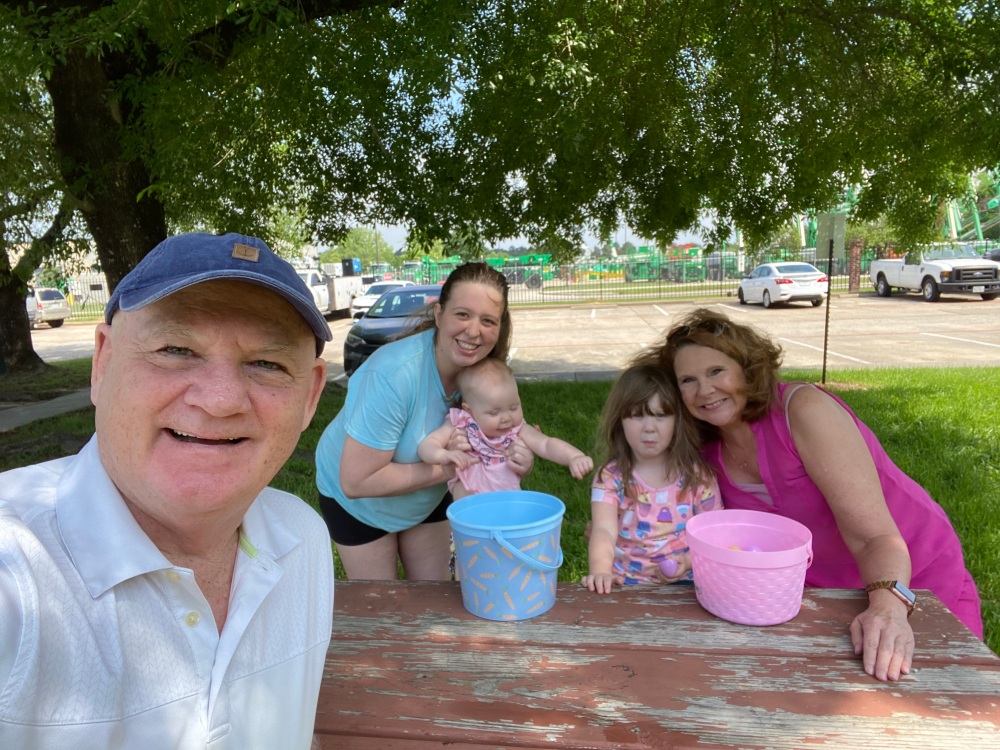“I am determined to do better at listening to him this year…but he never changes. As soon as we start talking about him going back to work he starts yelling at me like he is 13-years-old again! “
” I committed to my daughter I would stay out of her parenting affairs but what can I do when she neglects the kids in front of me?”
“He is really a good kid. I need to focus on that. He is trying to finish his Masters Degree and just can’t work right now. I want to be understanding when he doesn’t help with chores, but his irresponsibility really rubs me the wrong way.”
–Parents who made a commitment to make this year better with their adult children

My dad use to say, “When all is said and done, a lot more will be said than done.” Many of us made commitments to make 2021 a better year in our relationships with our adult children. We love making commitments and resolving to do a better job in parenting our adult children. However, reality sets in.
A relationship is a two-way street. We can only drive the relationship from one seat. The other seat is driven by someone else.

We truly CANNOT change our adult children through our own actions, resolutions, or beliefs. We can ONLY change ourselves.
One of the more irritating ideas on the planet is that I cannot change the behavior of any other person by coercing, loving, bribing, or reasoning. Change happens within a person when that person DECIDES that change is the best path for them.

I do me…You get to do you
The adage of “live and let live” sounds terrific if we are giving advice to someone else. However, when it comes to our own children, we want to “live and tell you how to live.” Or better yet we hope we can, “live and you will want to live the way I do…” Heavy sigh.

Years ago a beautiful set of parents came to my husband (he was their pastor) and asked him for help. They were desperate! Their 19-year-old son wanted to move out halfway across the country to pursue a career in…maybe it was film, or cooking school. Whatever the desire it was NOT the desire of the parents. The parents had homeschooled this young man who was at the top of the SAT scores that year. He had attended one year at a prestigious engineering school. Now, it seemed he was “throwing it all away to pursue a pipe-dream.” I sat silently (hard to believe, I know) in this meeting as these parents poured out their broken hearts.

What followed was genius:
Ted (my pastor husband): Remind me about his growing up and what you guys really emphasized at home.
Parents: We entered him in debate contests. We sent him to leadership training. He won math competitions. He won speech contests. He took piano and guitar. He was totalled well rounded and talented at everything!
Ted: So, what I hear you saying is that you raised him to be a leader, right?
Parents: YES!!!!
Ted: Isn’t that what he is doing? Leading his own life. Isn’t it time to stand back and watch him play out his leadership?
Mike drop.

what doesn’t kill us…makes us pray
Is it easy allowing my children to pursue their own hopes and dreams? Of course not. Is it painful to watch as my adult child goes down a path that almost certainly will end in disaster? Yes.
But the only alternative is insanity.
No amount of yelling, pleading, bribing, or cajoling will change your adult child’s mind to do things your way–long term. Your fighting with your adult child about his path may drive him away. Your bribing your daughter may convince her to bend to your will TODAY. But tomorrow a new decision and a new path will eventually lead her away.

Do we stop advising? NEVER. When the child ASKS we give sound, prayer-filled advice. But our advice reflects all other choices–our children are free to accept it and walk in it–or reject it and leave it on the table.
True. We have walked this path before and know more than they do. True. If they would do things our way we could save them some heartache. True. They are going to make some SERIOUS mistakes. But patiently, we allow them to own their own mistakes. And we wait while they make their path. We never block that road of communication.
Decisions don’t have to be deadly. Failures aren’t fatal. As they make mistakes we get better and better at praying…don’t we?

What are you praying for in your child’s life today? Change from the inside is the only change that lasts. Let’s pray for that today.
I would love to hear from you.










